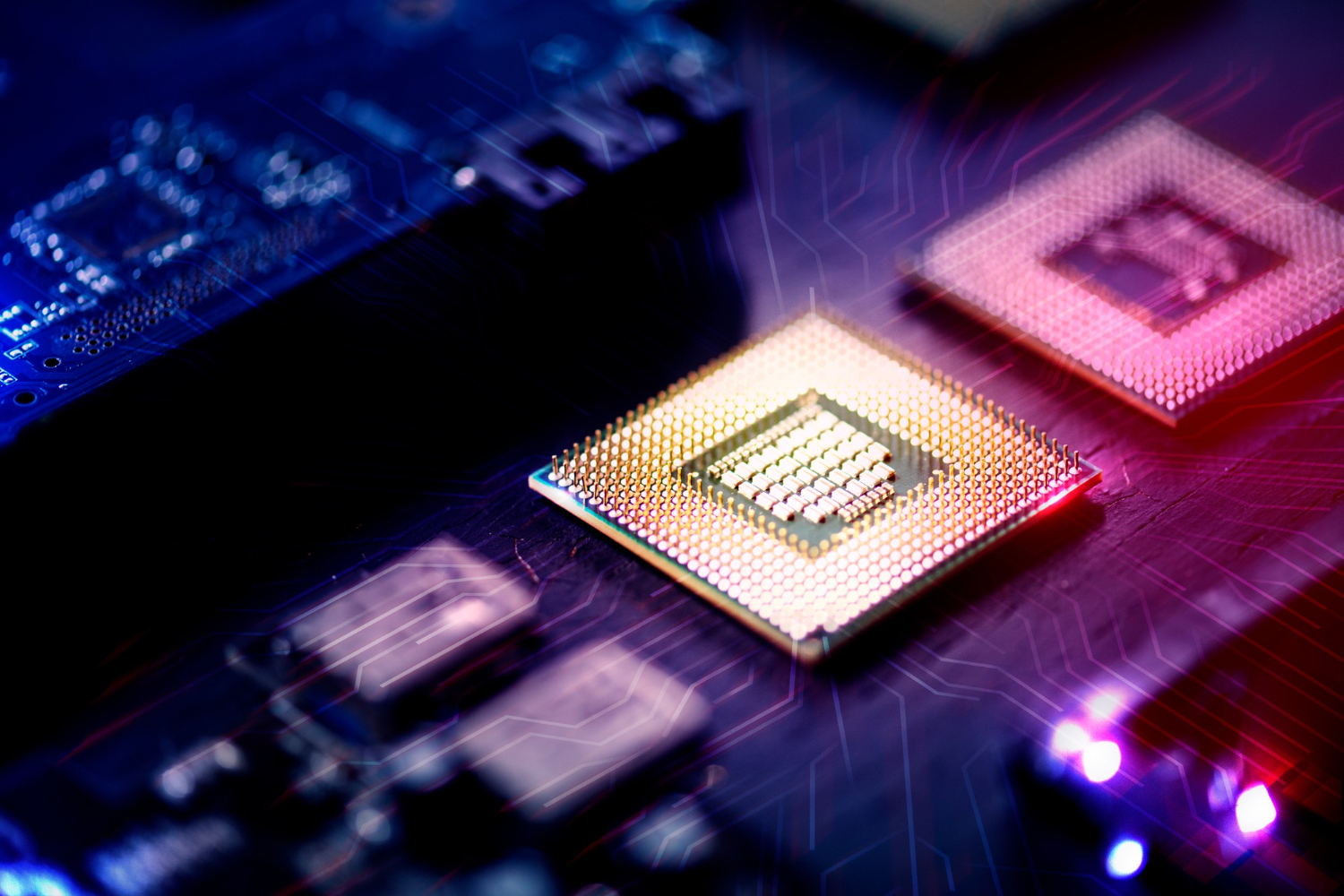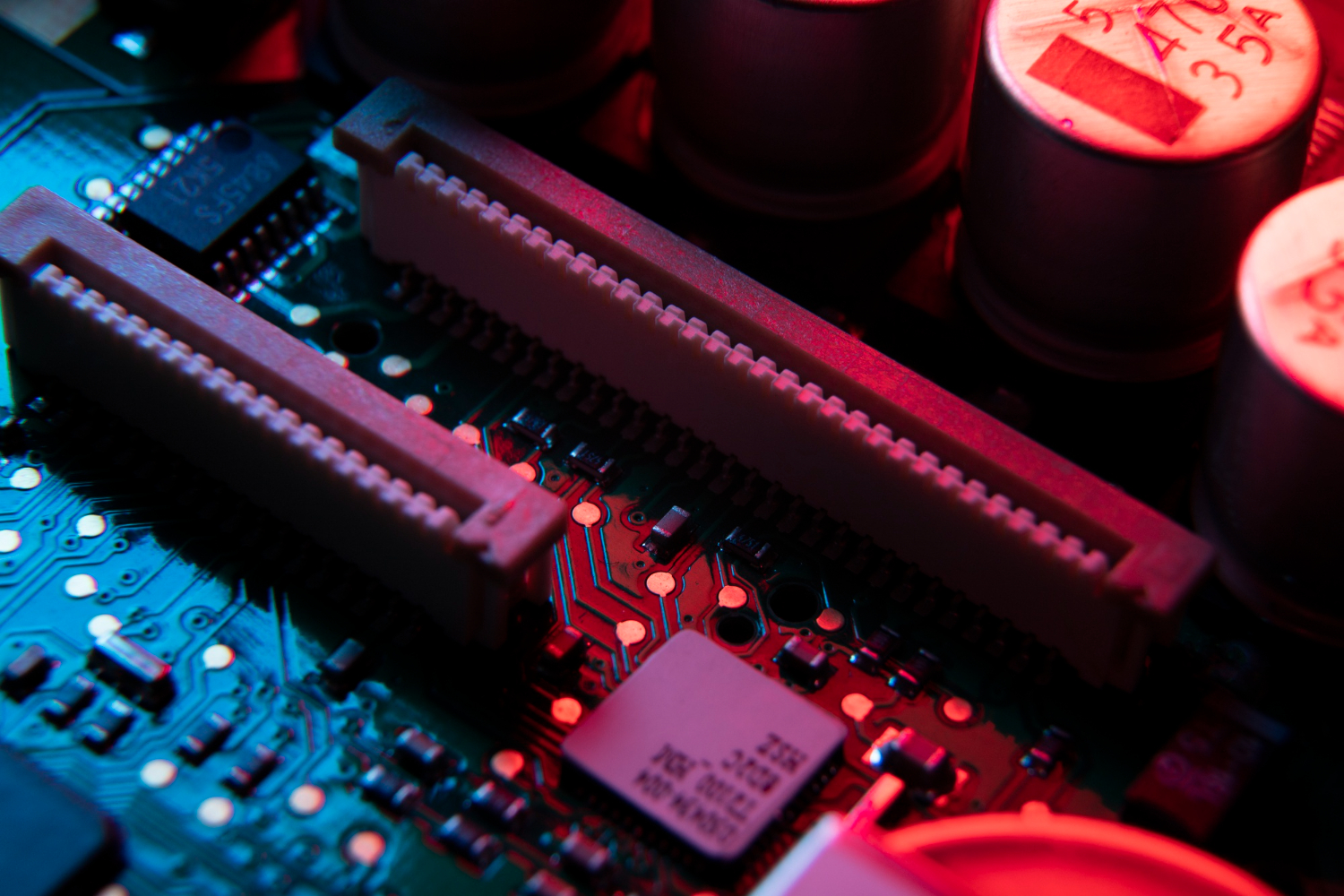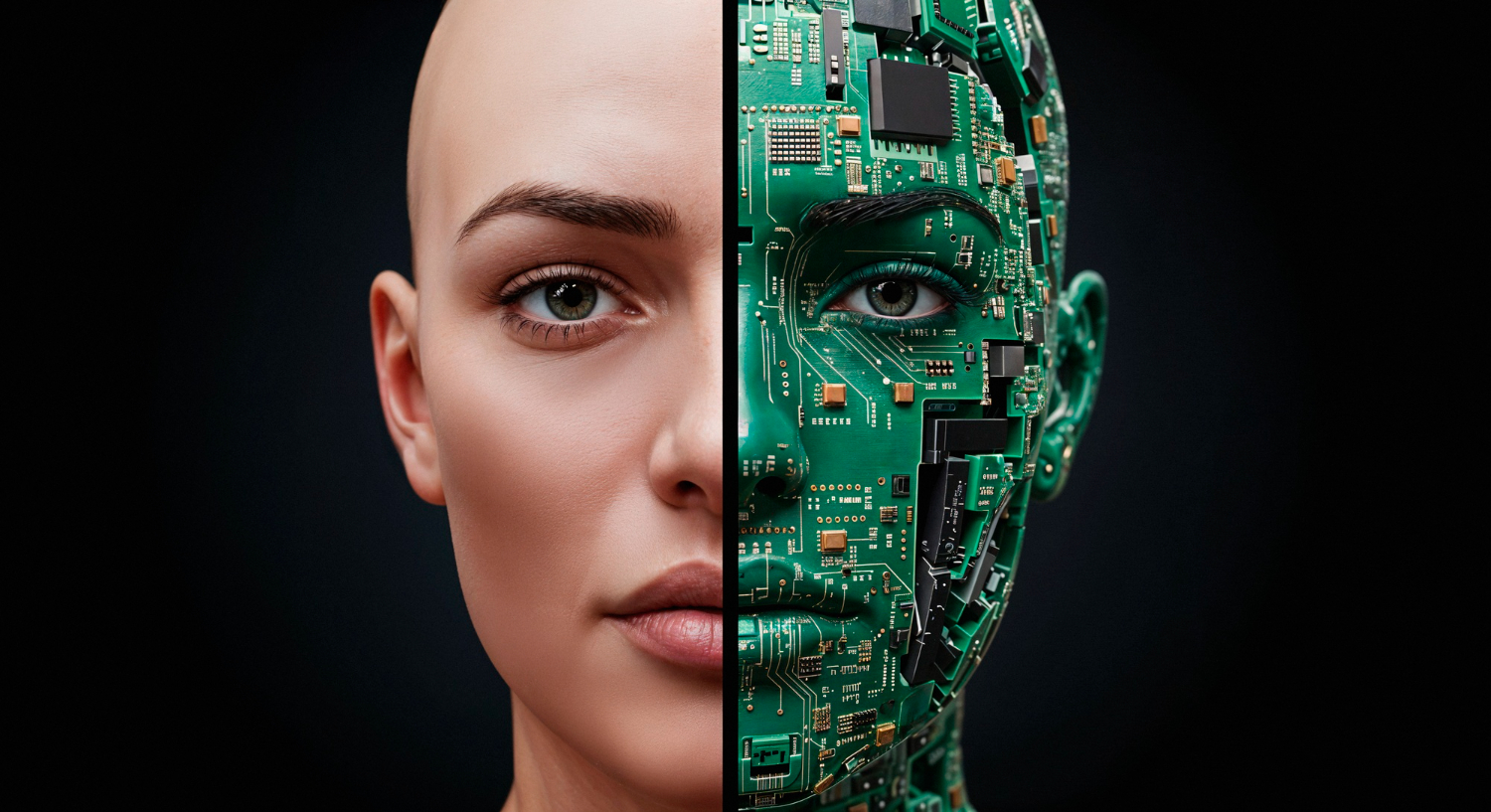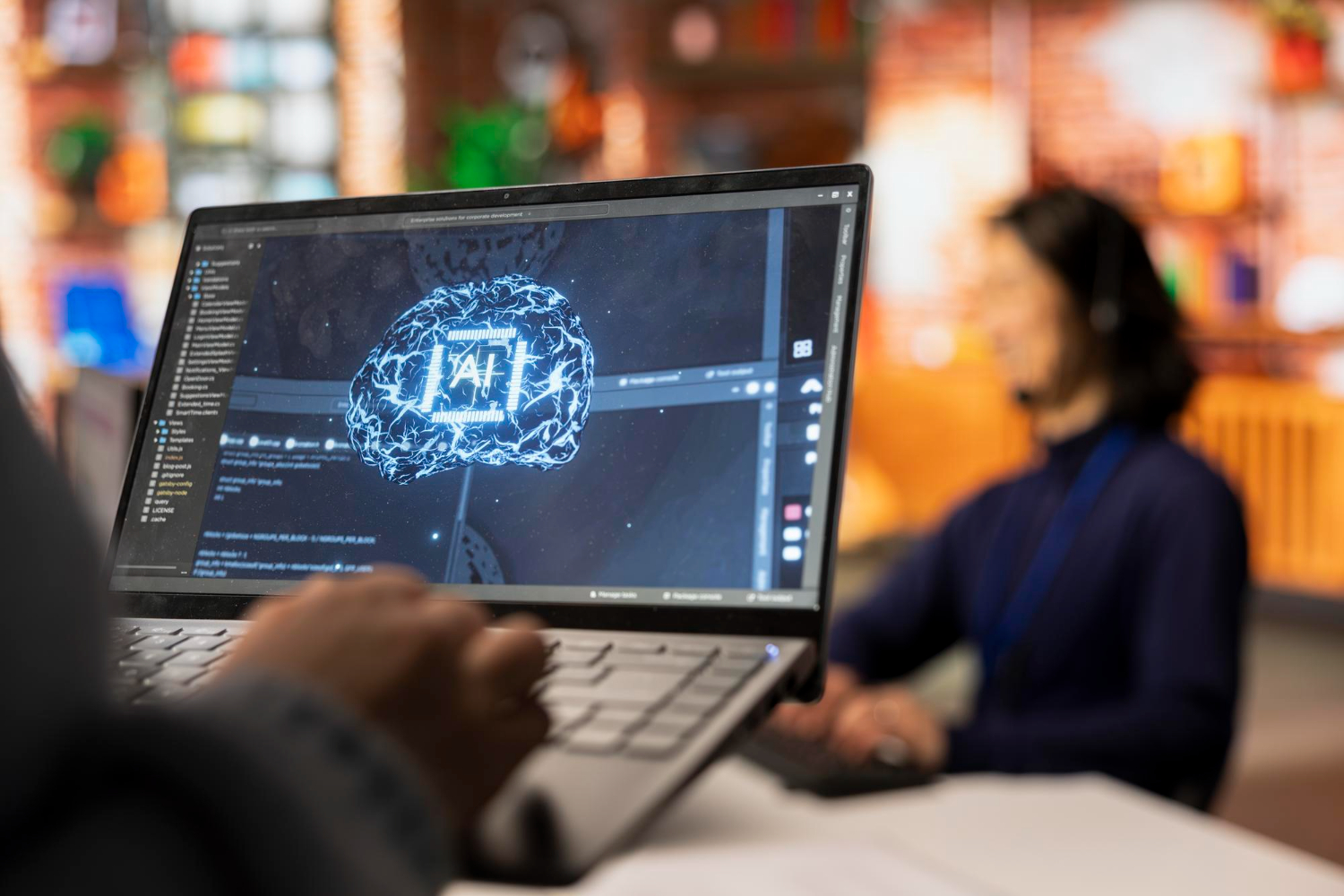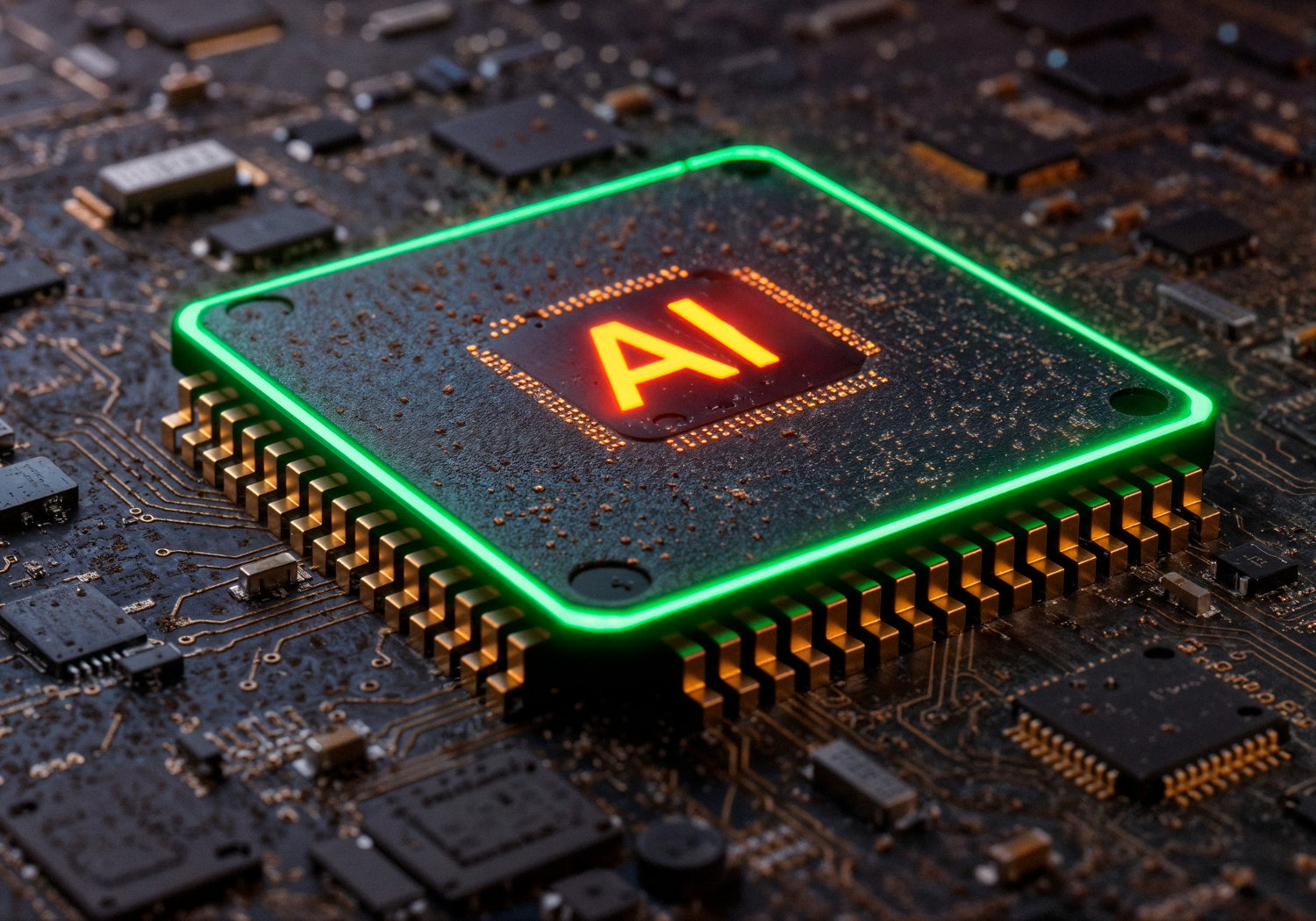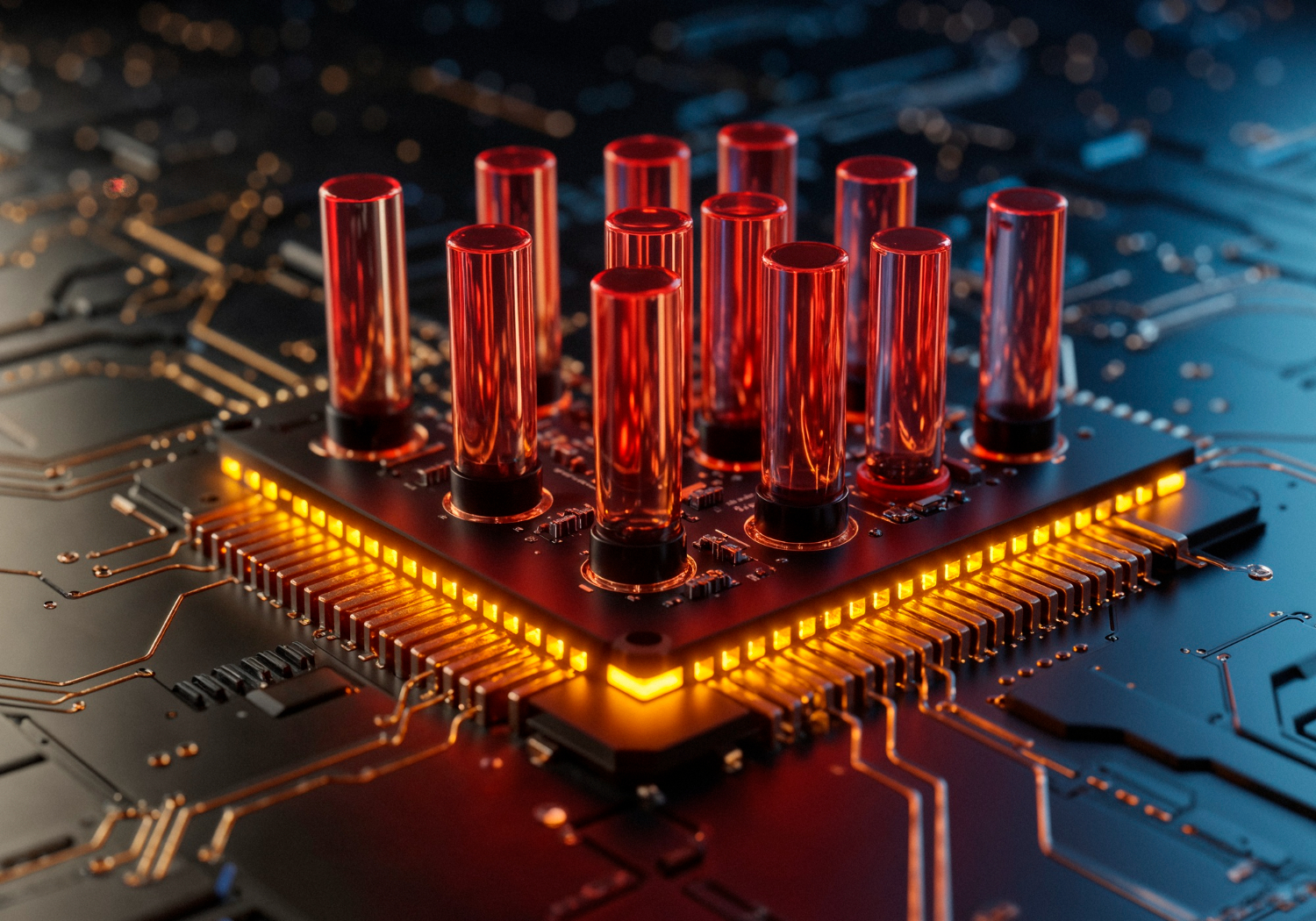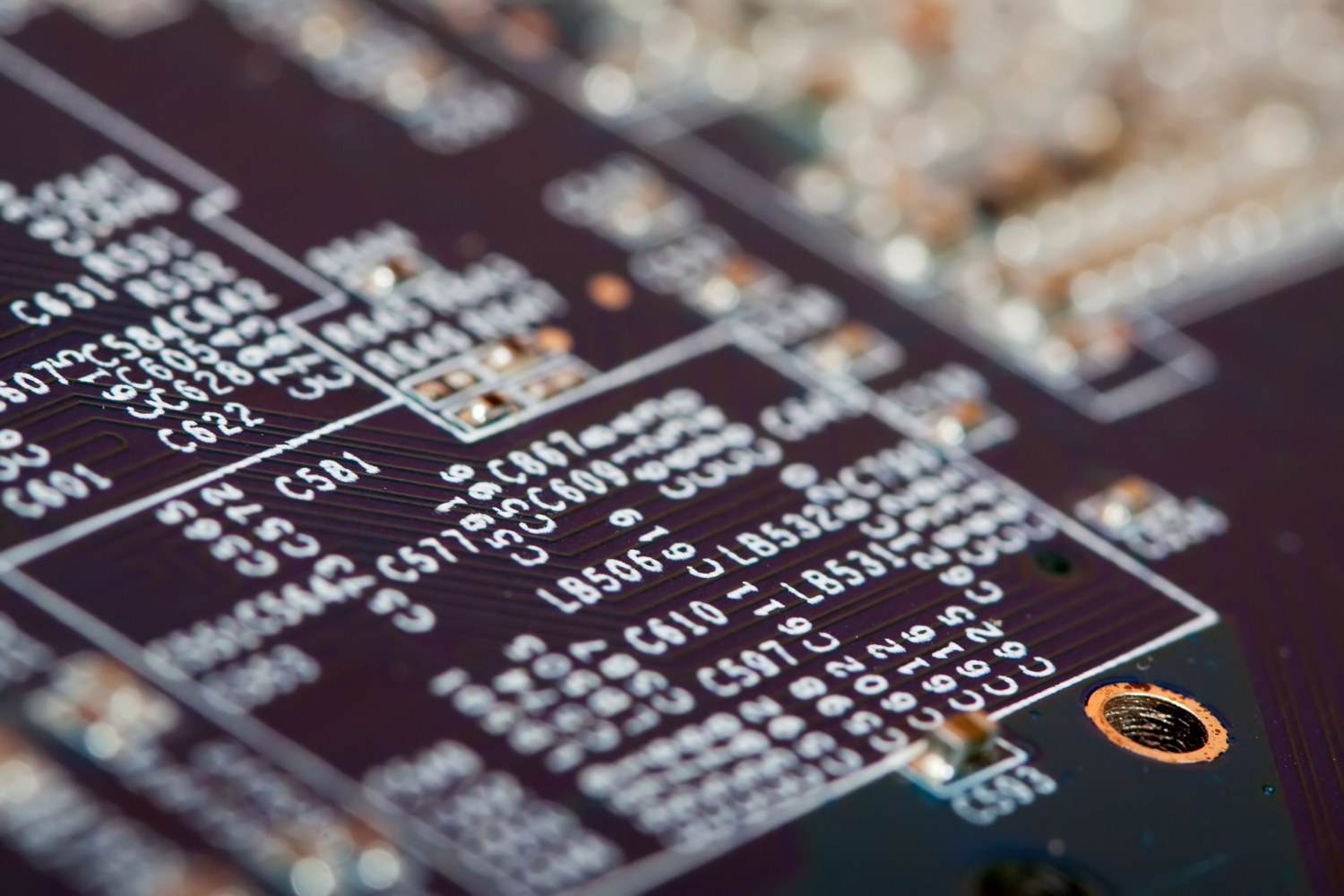AI in Manufacturing: A Game-Changer
The manufacturing industry is rapidly evolving. Artificial intelligence (AI) has become a crucial part of this change. From improving production to enhancing quality control, AI in manufacturing is shaping the future of operations.
How AI Transforms Manufacturing
AI technology supports the manufacturing sector in many ways. It helps businesses become more efficient, reduce costs, and meet demand.
-
Quality Control: AI systems monitor production to detect errors. They ensure products meet high standards.
-
Predictive Maintenance: AI models predict equipment failures. This prevents costly downtime and keeps operations running smoothly.
-
Supply Chain Management: AI-enabled tools improve supply chain efficiency. They optimise inventory and predict material needs.
AI systems offer real-time solutions. They give manufacturers the ability to act quickly and avoid delays.
Machine Learning in Manufacturing
Machine learning is a vital part of artificial intelligence in manufacturing. It helps systems learn from data to make better decisions.
For example:
-
AI Models for Defect Detection: Machine learning analyses images to spot defects in products.
-
Generative Design: AI systems suggest product designs based on data. These designs are both innovative and practical.
-
Energy Efficiency: AI helps optimise energy use during production.
By using machine learning, manufacturers can improve production and reduce waste.
The Role of Generative AI
Generative AI is transforming manufacturing operations. This technology creates designs, simulations, and solutions faster than traditional methods.
Applications include:
-
Generative Design: AI tools create innovative designs based on specific requirements.
-
Digital Twin Technology: AI builds virtual models of physical systems. Manufacturers use these to test processes before applying them in real time.
-
Content Creation: AI produces manuals and instructions for manufacturing equipment.
Generative AI makes processes more efficient while reducing time and costs.
AI-Enabled Quality Control
Quality control is a critical part of the manufacturing industry. AI-enabled systems monitor products during and after production.
How it works:
-
Data Analysis: AI systems analyse product images or measurements.
-
Error Detection: AI quickly identifies defects.
-
Feedback Loop: AI tools suggest adjustments to improve production.
This ensures consistent product quality and reduces waste.
Predictive Maintenance
AI technology predicts when equipment might fail. This is known as predictive maintenance.
Key benefits include:
-
Reduced Downtime: AI detects issues before they cause breakdowns.
-
Cost Savings: Timely repairs lower maintenance costs.
-
Longer Equipment Life: Regular monitoring extends the lifespan of machines.
Predictive maintenance is vital for maintaining efficiency in manufacturing operations.
Human Workers and AI
AI is not replacing human workers. Instead, it supports them.
AI systems handle repetitive tasks. This allows human workers to focus on more complex problems. For example:
-
AI in Quality Control: AI scans products while workers review and adjust processes.
-
Training and Safety: AI-enabled systems train workers using virtual environments.
-
Collaboration: AI tools assist workers in decision-making.
AI improves safety and productivity in the manufacturing sector.
The Digital Twin in Manufacturing
The digital twin is a virtual replica of physical systems. It is one of the most promising AI solutions for the manufacturing sector.
Benefits include:
-
Process Simulation: Test changes in a virtual world before applying them to real systems.
-
Real-Time Monitoring: Track equipment performance using sensors connected to AI systems.
-
Efficiency: Identify and fix inefficiencies without disrupting production.
Digital twins create immersive environments that enable manufacturers to experiment safely and effectively.
AI in the Supply Chain
The supply chain is a vital part of manufacturing. AI technology improves supply chain management by:
-
Demand Forecasting: AI analyses data to predict demand trends.
-
Inventory Management: AI-enabled tools suggest the best stock levels.
-
Logistics Optimisation: AI systems find efficient routes for shipping.
Read more: Transformative Role of AI in Supply Chain Management
AI improves supply chain visibility, ensuring smooth manufacturing operations.
Real-World Examples of AI in Manufacturing
Companies across the globe use AI technologies to transform operations:
-
Automotive Industry: AI systems optimise car assembly lines. See how AI is Reshaping the Automotive Industry
-
Electronics Manufacturing: Machine learning detects defects in circuit boards. How is MLOPs Consulting useful for the Manufacturing Industry?
-
Food Production: AI tools monitor quality and track safety compliance. How the Food Industry is Reconfigured by AI and Edge Computing
These examples highlight how AI-enabled solutions benefit the manufacturing sector.
AI Governance in Manufacturing
AI governance ensures AI systems are used responsibly. It is essential to address issues like bias, security, and data privacy.
In manufacturing, AI governance involves:
-
Transparent Data Usage: Ensuring training data is accurate and fair.
-
Safety Standards: Monitoring AI systems to meet safety regulations.
-
Ethical Decision-Making: Avoiding bias in AI models.
Strong governance ensures AI improves production while protecting workers and customers.
Read more: Machine Learning in Manufacturing and Industry 4.0 applications
AI Solutions from TechnoLynx
TechnoLynx provides custom AI solutions for the manufacturing sector. Our expertise includes:
-
AI Models for Quality Control: Ensure defect-free products with real-time monitoring.
-
Generative AI Solutions: Create innovative designs and simulations.
-
Predictive Maintenance Systems: Prevent equipment failures before they happen.
Our AI-enabled tools improve production and ensure efficient operations.
Expanding the Use of AI in Manufacturing
AI technology continues to open new doors for the manufacturing industry. Its potential goes beyond basic operations, making it a key driver for innovation and sustainability.
AI in Sustainable Manufacturing
Manufacturing operations can adopt AI-enabled systems to achieve sustainability goals. For example, AI models optimise resource usage, reducing material waste and energy consumption. These tools analyse data sets in real time to recommend efficient processes.
Generative AI also plays a role in creating sustainable product designs. By simulating manufacturing methods in virtual environments, companies can test eco-friendly approaches before applying them. This not only cuts costs but also supports environmental initiatives.
Enhancing Workforce Skills
AI technologies are becoming essential in training workers. Virtual environments powered by digital twin technology provide immersive experiences that simulate real-world manufacturing scenarios. Workers can improve soft skills, learn safety protocols, and practise troubleshooting without disrupting operations.
This AI-enabled training boosts productivity and prepares employees to adapt to new tools and systems. It strengthens the collaboration between human workers and machines, ensuring smooth transitions during technological upgrades.
Custom AI Solutions for Niche Applications
Specific manufacturing sectors are benefiting from custom AI systems tailored to their needs. For example:
-
Pharmaceutical Manufacturing: AI monitors drug production to ensure quality and compliance. AI in Pharmaceutics: Automating Meds
-
Textile Industry: AI tools optimise fabric cutting and minimise material waste. AI for Textile Industry: Transforming Design and Production
-
Aerospace Manufacturing: AI systems check parts for structural integrity during production. Propelling Aviation to New Heights with AI
These examples highlight how AI technology adapts to diverse requirements across industries.
Driving Innovation with AI
TechnoLynx provides cutting-edge AI solutions to meet these growing demands. From sustainability to skill development, we help manufacturers adopt AI systems that improve operations and create long-term value. With our support, the manufacturing sector can continue evolving while maintaining efficiency and innovation. Contact us now to start collaborating!
Conclusion
AI in manufacturing is transforming the industry. From quality control to predictive maintenance, AI technologies offer practical solutions. They improve efficiency, reduce costs, and enhance collaboration between human workers and machines.
With tailored solutions from TechnoLynx, manufacturers can optimise their operations and meet future demands confidently.
Continue reading: Computer Vision in Manufacturing
Image credits: Freepik





